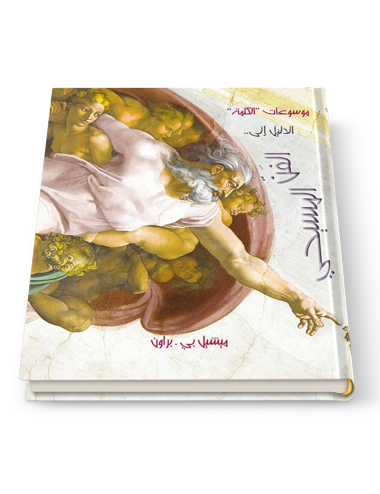The History of Christian Thought
Why would you read about the history of Christian thought? If you are Christian yourself, it helps you to understand about thinkers and the faith of the generations.
0.08 kg - 170 kg
Why would you read about the history of Christian thought? If you are Christian yourself, it helps you to understand about thinkers and the faith of the generations.
And what after God has honored me, by virtue of my profession as a psychiatrist, with more than half a century of experience, is it right for me to keep all this to myself? As I offer my knowledge and experience to my patients - and as much as possible - I have resolved to present all this in a book, which is a mutual conversation between me and the other party, which is you, the generous reader, so that you may benefit from it by the grace of God, and perhaps also benefit those around you.
"This book has won a firm fan. Ideal for teachers as well as students . . . In an increasingly multicultural world, this is an essential read for anyone wanting to know about religion. Loads of pictures and photos make this easily the best book of its kind." —Jon Hancock, children's book buyer for Borders UK
"This book has won a firm fan. Ideal for teachers as well as students . . . In an increasingly multicultural world, this is an essential book for anyone wanting to know about religion. Loads of pictures and photos make this easily the best book of its kind." —Jon Hancock, children's book buyer for Borders UK
This concept of the Christian pilgrimage has its origins in the Exodus of the Jews from ancient Egypt, but it has changed and adapted with the passing centuries. In medieval times millions of pilgrims spent months traveling across Europe to visit holy cities and shrines, and today a modern revival has blurred the lines between pilgrimage and tourism and made places such as Iona, Taize and Santiago di Compostella contemporary meccas.
Christianity has been a central force in the shaping of western culture. It is not surprising, therefore, that the greatest artists down the centuries have sought to paint its story. This book tells the history of Christian art, exploring the purpose behind the masterpieces and looking at the context in which they were created. The modern secular reader who feels detached from the meaning of the paintings will be helped to understand their emotional as well as their asethetic power. And the Christian reader will be encouraged to explore further the wonder and beauty of the Christian cultural legacy. The book includes a final chapter on the way modern artists are continuing and changing the legacy.
What the future will bring? This issue, which opens Young undiscovered Self in this book, which is one of the most influential books there is no more important problem in our society today the plight of the individual in today's world the most systematic and rigorous.












